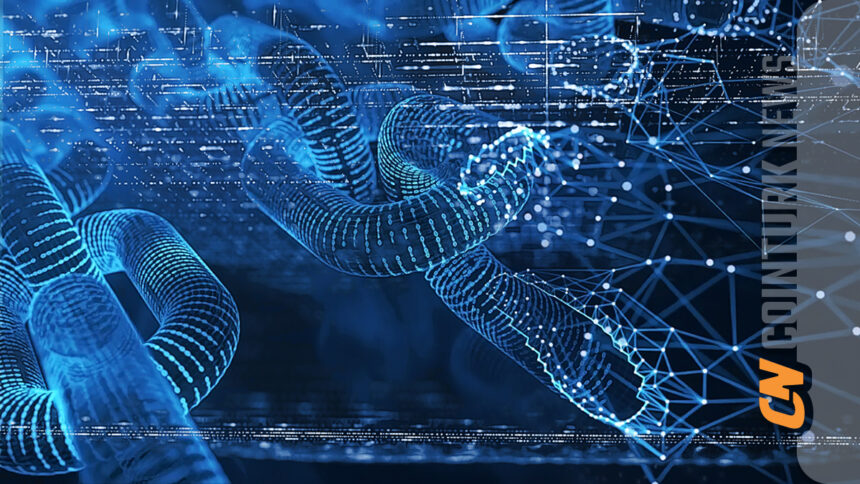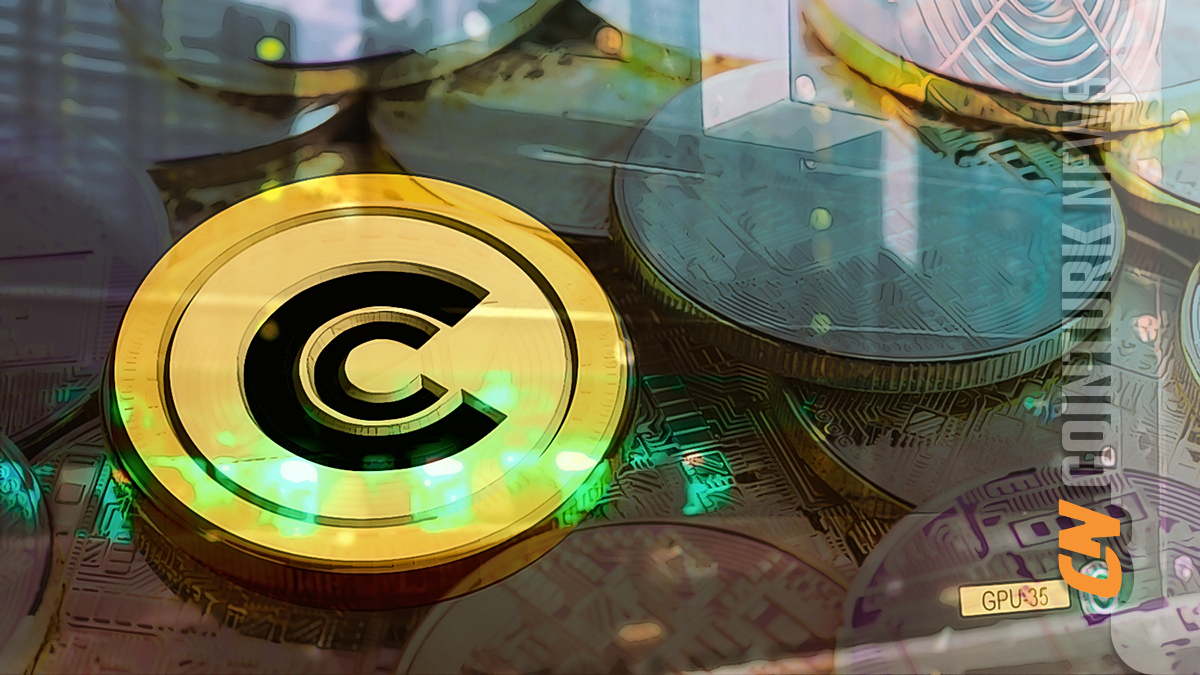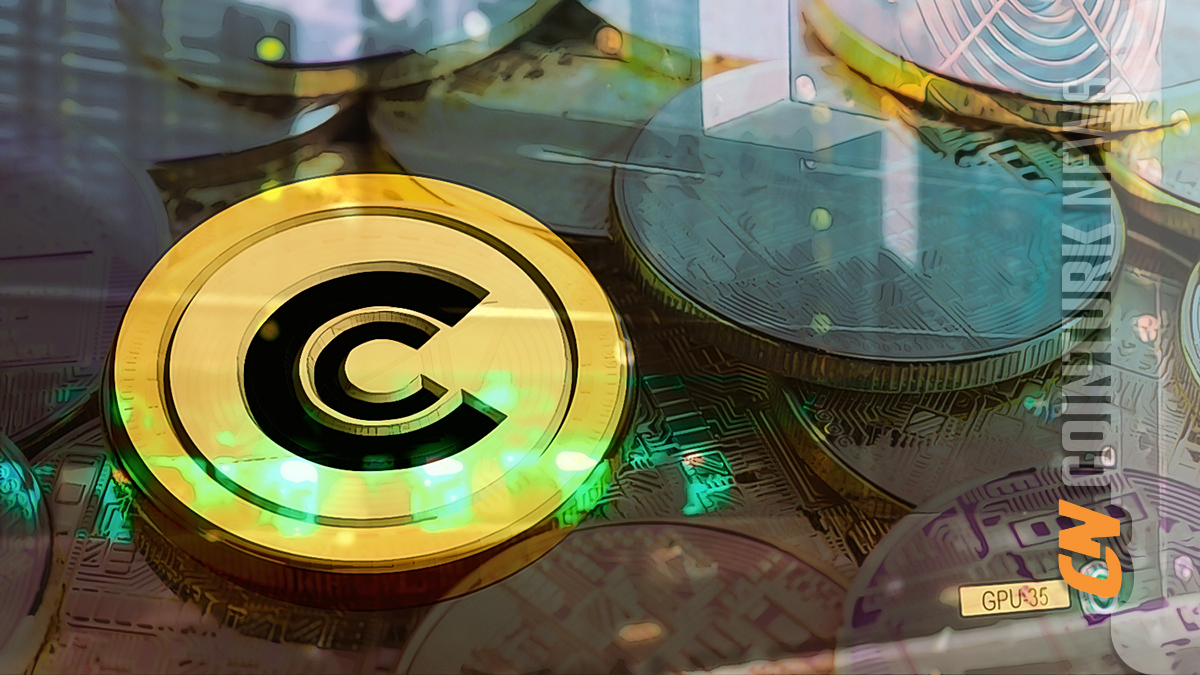Google Cloud has launched a new Web3 portal that includes resources aimed at blockchain developers, including training on data clusters and NFT creation. However, this move has sparked debate within the cryptocurrency industry. Phil Geiger, Vice President of Product Marketing at Unchained, claimed on April 25 via an X post that Google is overlooking Bitcoin.
Google’s Noteworthy Step
Amid these developments, crypto investor and analyst MartyParty stated on April 26 via an X post that he was not bothered by Google’s lagging behind. Meanwhile, other crypto experts were more receptive to the launch. Ivaibi Festo, founder of Mitroplus Laboratories, described the Web3 portal as a comprehensive resource in a post on X dated April 25.

According to the website, developers can access a range of products to deploy and test their decentralized applications on Ethereum test networks Sepolia and Holesky, and add test network tokens. They also have access to a learning program that includes NFT development, implementing Web3 loyalty programs, and training on how to secure crypto assets with multi-party computation. This step comes after several recent developments in Google’s Web3 industry presence.
Google and the Web3 Space
Recently, Google has expanded its features to allow users to search wallet balances across multiple blockchain networks including Bitcoin, Arbitrum, Avalanche, Optimism, Polygon, and Fantom. At the beginning of 2024, Google updated its policies to allow advertising of certain crypto products, including Bitcoin exchange-traded funds, on major search engines.
In 2023, Google appeared focused on forming partnerships in preparation for this year’s portal launch. In October 2023, Google Cloud’s BigQuery data storage protocol was integrated with MultiversX. This integration will help Web3 projects and users gain valuable insights from Google Cloud’s powerful data analysis and artificial intelligence tools.
Just a month before, in September 2023, Google’s BigQuery added 11 blockchain networks to its data protocol. The new networks included Avalanche, Arbitrum, Cronos, Ethereum’s Görli test network, Fantom, Near, Optimism, Polkadot, Polygon’s main network, Polygon’s Mumbai test network, and Tron.

 Türkçe
Türkçe Español
Español










